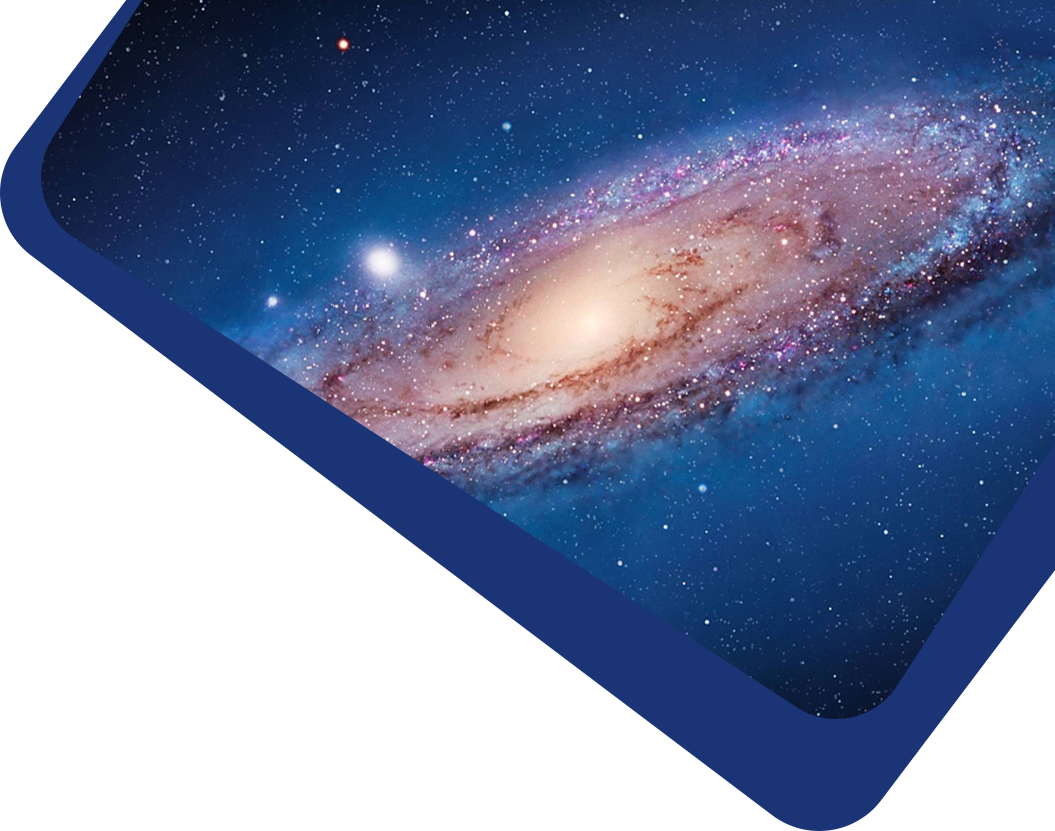

Abstract The occasion of the longest totality of an eclipse in the 18 yr 111/3d saros cycle leads to taking stock of the scientific value of ground-based eclipse observations in this space age. Though a number of space satellites from the U.S., Europe, Japan, and Russia study the Sun, scientists at eclipses can observe the solar chromosphere and corona at higher spatial resolution, at higher temporal resolution, and at higher spectral resolution than are possible aloft. Furthermore, eclipse expeditions can transport a wide variety of state-of-the-art equipment to the path of totality. Thus, for at least some years to come, solar eclipse observations will remain both scientifically valuable and cost-effective ways to study the outer solar atmosphere.
Keywords sun, eclipses
It accepts original submissions from all over the world and is internationally published and distributed by IOP